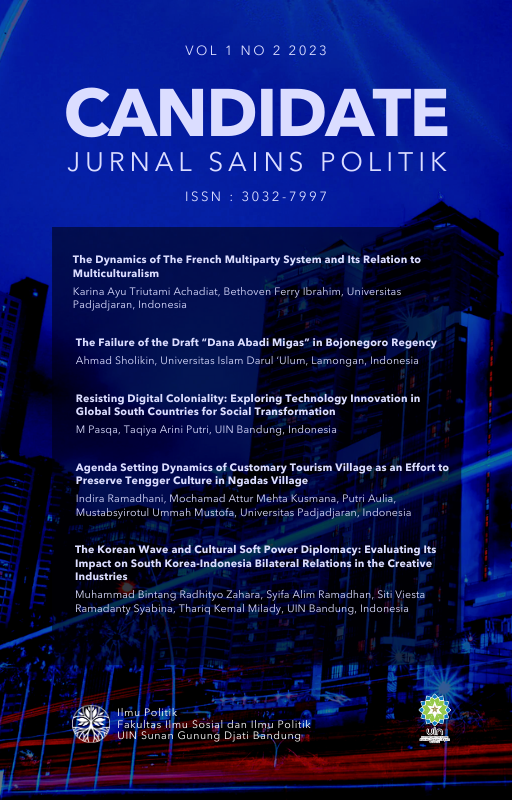The Israel-Palestine Conflict: A Legal and Ethical Analysis of War Crimes, Humanitarian Violations, and the Erosion of International Law
DOI:
https://doi.org/10.15575/candidate.v2i1.45109Abstract
The Israel-Palestine conflict, rooted in historical territorial disputes rather than solely religious differences, has evolved into one of the most complex and protracted conflicts in modern international relations. This study adopts a qualitative descriptive approach to critically examine the conflict through the lens of Just War Theory and International Humanitarian Law (IHL). Focusing on recent escalations, the paper analyzes attacks on civilian infrastructure, the conduct of hostilities, and the protection of non-combatants as mandated under the Geneva Conventions and the Rome Statute of the International Criminal Court. The findings reveal systematic violations of IHL, particularly in the principles of proportionality and distinction, with substantial evidence indicating the commission of potential war crimes. The analysis underscores that both Israeli military actions and Hamas operations have compromised the fundamental tenets of humanitarian law, exacerbated humanitarian crises and undermining the credibility of international legal frameworks. Furthermore, the paper highlights the long-term implications of these violations, including the risk of global erosion of humanitarian norms, the destabilization of regional peace efforts, and the entrenchment of cycles of violence and displacement. The research calls for stricter enforcement of international law, impartial investigations into alleged war crimes, and the reaffirmation of the universality of humanitarian principles to restore legitimacy to the global legal order. Addressing the conflict requires more than ceasefires; it demands a comprehensive legal, moral, and political commitment to upholding the rights and dignity of all affected populations.
Downloads
Published
How to Cite
Issue
Section
License
Copyright (c) 2024 Nafhan Hariz, Muhammad Hafidz, Naufal Hafiz, Rifcy Pamungkas

This work is licensed under a Creative Commons Attribution-ShareAlike 4.0 International License.
Authors who publish with this journal agree to the following terms:
- Authors retain copyright and grant the journal right of first publication with the work simultaneously licensed under a Creative Commons Attribution-ShareAlike 4.0 International License that allows others to share the work with an acknowledgment of the work's authorship and initial publication in this journal.
- Authors are able to enter into separate, additional contractual arrangements for the non-exclusive distribution of the journal's published version of the work (e.g., post it to an institutional repository or publish it in a book), with an acknowledgment of its initial publication in this journal.
- Authors are permitted and encouraged to post their work online (e.g., in institutional repositories or on their website) prior to and during the submission process, as it can lead to productive exchanges, as well as earlier and greater citation of published work (See The Effect of Open Access).





.jpg)



